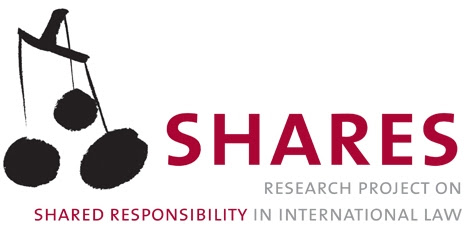Posted by: Bérénice Boutin
The accidental killing of nine Afghan children by the International Security Assistance Force (ISAF) in the beginning of March led to apologies by the ISAF commander General Petraeus. Those excuses were rejected by President Karzai as insufficient. It is indeed expected that in case of military acts breaching international law, the ISAF should provide financial compensation for the injuries caused, not only satisfaction in the form of official apologies.
Assuming that those deaths occurred in breach of international humanitarian law, the ISAF is internationally responsible for the injuries it caused. The obligation of full reparation that automatically flows from international responsibility should take the form of financial compensation in the case of personal injuries. Satisfaction is only an acceptable remedy if the injury cannot be repaired by restitution or compensation. Rather, the ISAF should provide financial compensation to victims of violations of international law by the ISAF troops.
Even though the ISAF troops kills less civilians than the Taliban insurgents, they ‘appear to reverberate more deeply because of underlying animosity about foreigners in the country’. It is thus important for the success of such a foreign military intervention that the ISAF establishes procedures enabling victims to claim compensation for the damages caused by wrongful acts of the troops.
Academic legal research on the accountability of international military operations is partly grounded in the idea that holding international troops responsible for their wrongful acts is particularly important in practice when it comes to foreign troops enforcing an international objective.
